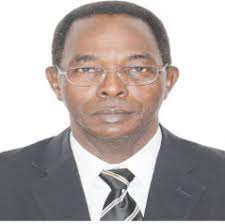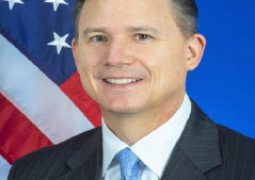
It is proposed that all public officials across government, public enterprises, and project management undertake comprehensive declarations of their assets, finances, and other properties. This would be facilitated through the establishment of a dedicated Commission by the government, aimed at safeguarding public interest. This directive would also encompass government ministers, ensuring no exceptions to the rule.
The Commission's mandate would include receiving all declarations, conducting investigations, processing findings in a transparent manner, and making recommendations based on its findings. These recommendations would then be submitted to the President for further consideration and action, aiming to clarify and rectify any misconduct, thereby reinforcing integrity within public service. The Commission would operate under a strict timeline to expedite its tasks, symbolizing a significant stride towards cleansing the system and elevating standards crucial for national development.
In the absence of such decisive measures, the political implications for governance and accountability remain dire. Currently, all allegations of wrongdoing are unfairly attributed to the President, a situation untenable for a leader committed to steering the nation towards development and socioeconomic prosperity. Instituting such a governance protocol aligns with prudent monetary and fiscal policies, contributing to macroeconomic stability and halting the mismanagement of national resources, pivotal for the nation's best interest.
Failure to address these national concerns heralds a bleak future, risking the nation's developmental achievements and the President's legacy. With the government already earning praise for developmental progress, it's crucial to prevent any form of resource pilferage that could derail these efforts. The concept of MUSLAHA (reconciliation or rectification) could bear significant political consequences, distinguishing between those who exploit the system and those dedicated to its improvement.
Historically, The Gambia has witnessed the establishment of commissions and a Truth, Reconciliation and Reparations Commission (TRRC) across republics, embedding such mechanisms within its political fabric. Ignoring this reality risks national embarrassment. Furthermore, while donor contributions are vital, the government must proactively address state resource looting, as ongoing revelations of fraud and financial mismanagement emerge from parliamentary discussions and audit reports.
The time has come for the executive to wield the "BALLEH" (electric broom) decisively against alleged corruption, ensuring officials cannot exploit their positions for personal gain at the nation's expense. The revelations about Area Councils misusing taxpayer money underscore the need for accountability in governance, emphasizing that wrongful actions must carry consequences.
Given the stark disparity between the rich and the poor within the country, it's clear that systemic change is overdue. Only through a committed cleansing of the system can the government truly address public concerns over corruption, thereby reinforcing the nation's integrity and securing political goodwill for the ruling administration.




